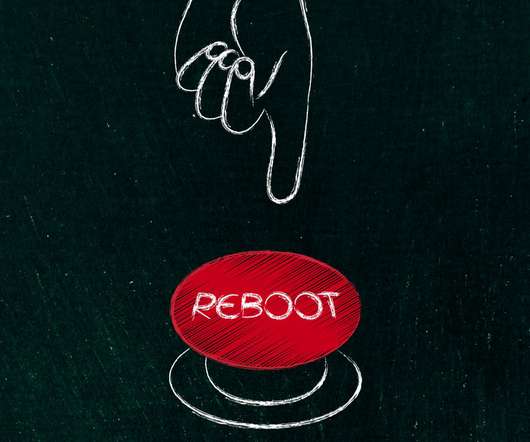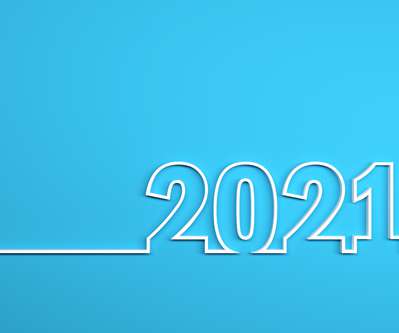How Can Students Benefit from Digital Learning
Kitaboo on EdTech
MAY 19, 2024
EdTech has enabled the delivery of quality educational content through digital learning to learners from all corners of the world. It has made learning mobile, engaging, and interactive, encouraging students to take an interest in digital learning and retain it. What Is Digital Learning?
























Let's personalize your content